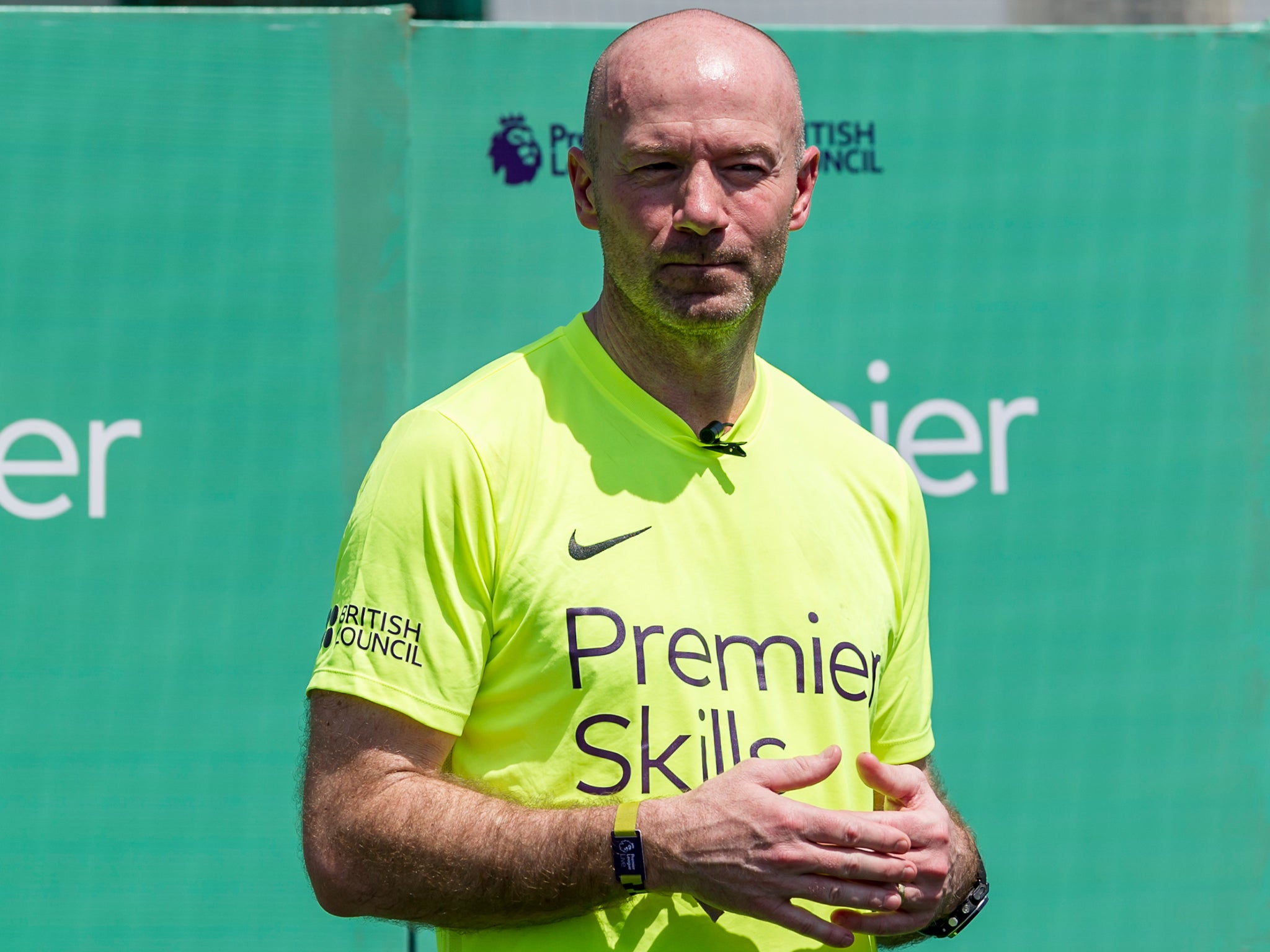Brain injury charities call on football to make up for lost time on dementia
The FA and PFA has confirmed that a Glasgow-based team will try to find out if ex-players are more prone to degenerative brain disease later in life than the general population

Your support helps us to tell the story
From reproductive rights to climate change to Big Tech, The Independent is on the ground when the story is developing. Whether it's investigating the financials of Elon Musk's pro-Trump PAC or producing our latest documentary, 'The A Word', which shines a light on the American women fighting for reproductive rights, we know how important it is to parse out the facts from the messaging.
At such a critical moment in US history, we need reporters on the ground. Your donation allows us to keep sending journalists to speak to both sides of the story.
The Independent is trusted by Americans across the entire political spectrum. And unlike many other quality news outlets, we choose not to lock Americans out of our reporting and analysis with paywalls. We believe quality journalism should be available to everyone, paid for by those who can afford it.
Your support makes all the difference.Brain injury charities have welcomed the announcement of new research into dementia and football, but have asked why it took so long and said one study will not be enough.
Earlier on Thursday, the Football Association and Professional Footballers' Association revealed that a Glasgow-based team would try to find out if ex-players are more prone to degenerative brain disease later in life than the general population.
The study - led by Dr Willie Stewart and titled 'Football's Influence on Lifelong Health and Dementia Risk', or FIELD for short - was picked by the FA's expert panel on concussion after an open tender process and will start in January.
The UK's leading brain injury charity Headway described the news as positive, but qualified its support for the project.
In a statement, Headway chief executive Peter McCabe said: "For years we have been calling on football authorities to initiate this research, and while we welcome the fact that action is finally being taken, it should never have taken so long to get to this point.
"We hope this research will finally provide some answers to families who for too long have been fighting to gain a better understanding of whether or not their loved ones' dementia was caused by heading a football.
"Equally, players - and indeed parents - deserve answers on the question of whether or not they are at risk from today's lightweight footballs, and we question whether or not this study will be able to provide any meaningful insight into this."
This sentiment was echoed by Dr Clare Walton of the Alzheimer's Society who said the recent BBC documentary on the subject, which was presented by former England star Alan Shearer, revealed just how "emotive" the issue is.
In a statement, Dr Walton said: "There is currently not enough evidence for us to make robust conclusions about what impact, if any, playing football has on the risk of developing dementia in later life.
"We need to see many more high-quality studies looking into the long-term risks of minor head impacts like heading footballs and this new study is a clear step in that direction."

Dementia UK's chief executive Dr Hilda Hayo also greeted the study, but said it is "imperative we shed light on the connection between heading a ball and later diagnoses of dementia or other neurological conditions".
What unites these comments is the demand that the FIELD study, which is answering a specific question, cannot be the only research the football authorities finance.
Last week, Dr Magdalena Ietswaart, whose work featured in Shearer's documentary, told Press Association Sport the FA and PFA were "putting all their eggs in one basket".
The other main criticism, as Headway's McCabe pointed out, is that 15 years have passed since former England and West Brom striker Jeff Astle died with what a coroner described as an "industrial injury".
Since Astle's death, the families of dozens of other ex-footballers, including several from England's 1966 World Cup-winning squad, have come forward to reveal their stories of dealing with dementia and related illnesses.
In a statement, Dr Stewart, who is based at Glasgow's Queen Elizabeth University Hospital, said: "In the past decade there have been growing concerns around perceived increased risk of dementia through participation in contact sports, however, research data to support and quantify this risk have been lacking.
"Through the FIELD study we hope to be able to provide some understanding of the long-term health impact of football within the next two to three years."
PA
Join our commenting forum
Join thought-provoking conversations, follow other Independent readers and see their replies
0Comments